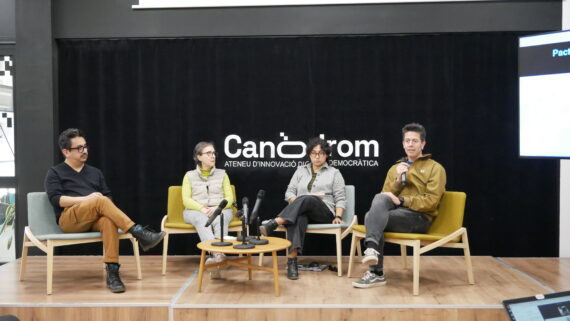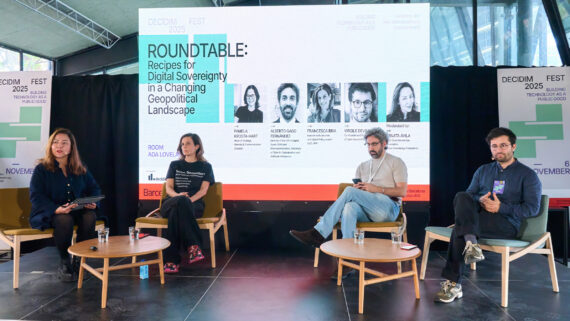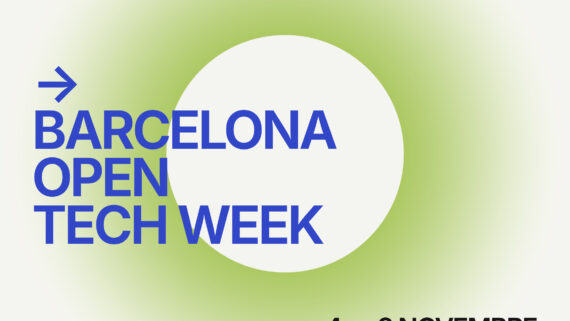On November 28 at 6:30 p.m., the Canòdrom will host the screening of the documentary “Diari de la meva sextorsió” (Diary of My Sextortion), directed by Patricia Franquesa. This deeply intimate and revealing film follows the true story of Pati, a young producer. After falling victim to sextortion due to the theft of her laptop during a business trip, she decides to document her journey of overcoming the ordeal.
After the screening, the audience will be able to participate in a discussion with the director and experts from Fembloc, a feminist support line focused on addressing gender-based violence in the digital environment. Coinciding with November 25th, International Day for the Elimination of Violence against Women, this event is an opportunity to bring visibility to digital violence and foster collective awareness.
Sextortion, a growing phenomenon
The documentary “Diari de la meva sextorsió” opens a disturbing window into the reality of sextortion, a type of blackmail where individuals are threatened with the dissemination of intimate material in exchange for money or favors. Data from the Spanish Ministry of the Interior shows a sharp increase in this crime in recent years: from 1,691 reports in 2018 to 4,460 in 2023, aligning with greater social and legislative awareness. In Catalonia, the Mossos d’Esquadra warn that 95% of digital crimes involve practices like sextortion with bitcoins or scams related to fraudulent messages.
In this digital era, sextortion is a latent threat that primarily affects young women and minors. Pati’s story exemplifies how digital vulnerability becomes a tool of control. After her laptop was stolen, she received an email from a stranger claiming to have intimate images of her, demanding $2,400 to keep them private. Initially dismissing the threat, Pati ignored the message until friends started alerting her that they had received those images.
Digital gender violence experts emphasize that those experiencing it are not at fault. The sole responsibility lies with the perpetrator. It’s important to preserve any evidence of the harassment, such as messages, emails, or photos, as they can be critical for police investigations and proving the crime. Additionally, they recommend seeking support from a trusted person or circle, even if it feels uncomfortable or embarrassing. Taking legal action by reporting the harassment is also necessary. In the “Disconnect from Your Ex-Partner Guide” by Fembloc, you’ll find tools and resources to prevent digital gender-based violence.
A transformative experience
Patricia Franquesa’s story is more than a recount of a difficult situation; it is a journey of resilience and empowerment. She decided to document each step of the process, recording her feelings and actions as she confronted the blackmail. For her, this process became a therapeutic tool, a way to transition from victim to activist, transforming fear and shame into a call for collective awareness about the dangers of digital violence.
The discussion following the screening will offer an opportunity to analyze the consequences of this crime and explore possible solutions. Franquesa will share the creative process behind the documentary and her experiences, emphasizing the importance of breaking the silence that often surrounds victims. Additionally, experts from Fembloc will address the issue from a gender perspective, offering strategies to prevent and report this type of digital violence so that victims can feel safe and protected in the digital environment.
Admission to the screening and discussion is free, but seating is limited. Interested individuals can register in advance through this link.







